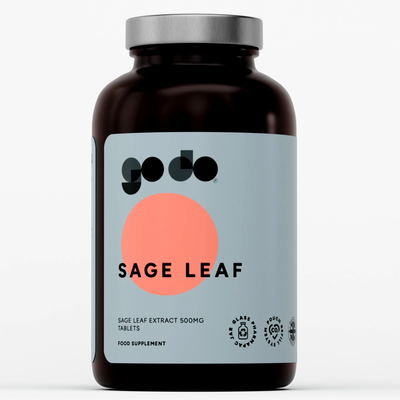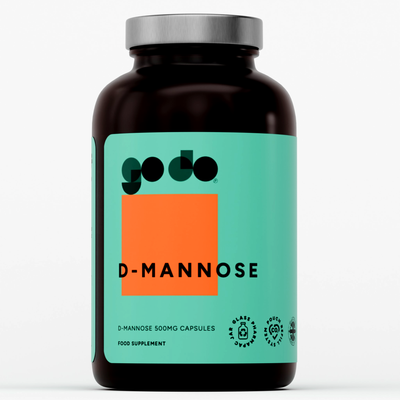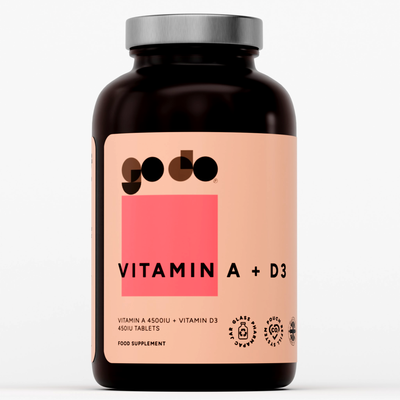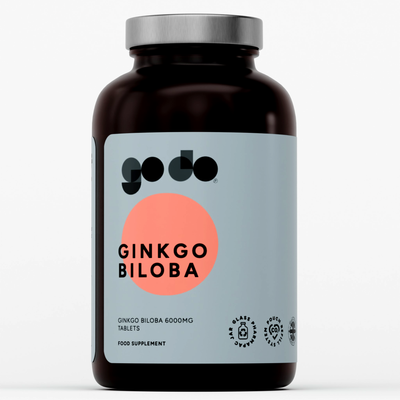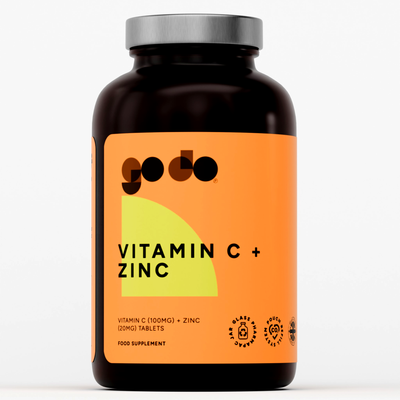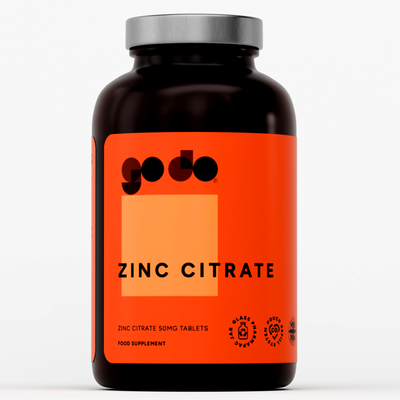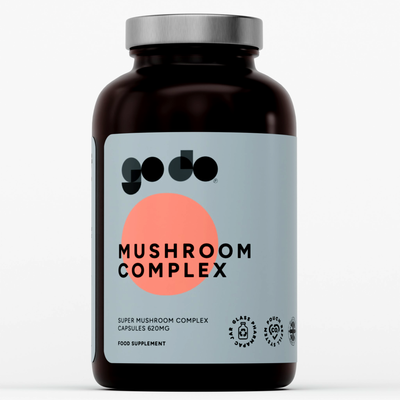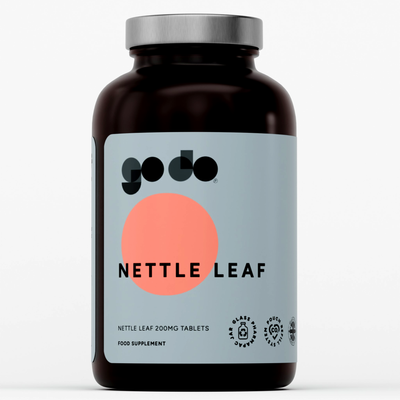For many of us, coffee is an essential part of our daily routine. It's the fuel that helps us kickstart our day and keep us going when we hit that mid-afternoon slump. But have you ever wondered if there is a specific time of day that is best for drinking coffee to maximize its benefits for fitness and overall health? Well, wonder no more! In this blog post, we will delve into the science behind the best time to drink coffee for fitness health. From understanding the effects of caffeine on our bodies to exploring the optimal timing for pre-workout energy and post-workout recovery, we will uncover the secrets to optimizing your coffee routine to enhance your fitness performance and overall well-being. Get ready to revolutionise your coffee habits and take your fitness journey to the next level!
So we need to know the effects of caffeine on the body
The effects of caffeine on the body are a topic of great interest and discussion among coffee enthusiasts and fitness enthusiasts alike. Caffeine is a natural stimulant that affects the central nervous system, providing a boost of energy and alertness. When consumed, caffeine is quickly absorbed into the bloodstream and reaches its peak concentration within 30 to 60 minutes. One of the primary effects of caffeine is its ability to increase metabolism and fat oxidation. Studies have shown that caffeine can enhance athletic performance by improving endurance, speed, and power. It does so by stimulating the release of adrenaline, which increases heart rate and blood flow to the muscles. This can result in improved athletic performance and increased fat burning during exercise.
Additionally, caffeine has been found to enhance mental focus and concentration. It can improve cognitive function, reaction time, and memory retention. Many individuals rely on their morning cup of coffee to kickstart their day and help them stay mentally alert and focused throughout the day. However, it is important to note that the effects of caffeine can vary from person to person. Some individuals may be more sensitive to caffeine and experience side effects such as jitteriness, heart palpitations, or difficulty sleeping.
It is essential to listen to your body and adjust your caffeine intake accordingly. Timing is also crucial when it comes to optimizing the effects of caffeine. Consuming coffee too close to bedtime can disrupt sleep patterns and negatively impact recovery and overall health. It is generally recommended to avoid consuming caffeine at least six hours before bedtime to ensure a good night's sleep. In conclusion, the effects of caffeine on the body can be beneficial when enjoyed in moderation and at the right time.

Incorporating coffee into your fitness routine can provide an energy boost, enhance athletic performance, and improve mental focus. However, it is essential to be mindful of individual sensitivity to caffeine and to consider timing to optimize the benefits of coffee for your overall health and fitness goals.
Pre-workout coffee: When and how to consume it for maximum energy
When it comes to optimizing your coffee routine for maximum energy during workouts, timing is key. Consuming coffee before your workout can provide a significant boost to your energy levels, allowing you to perform at your best. But when is the best time to drink coffee before a workout, and how should you consume it for maximum benefits?
Ideally, you should aim to have your pre-workout coffee about 30 minutes to an hour before your exercise session. This allows enough time for the caffeine to be absorbed into your bloodstream and take effect.
Consuming coffee too close to your workout may result in an energy crash or interfere with your sleep patterns if you exercise later in the day. To enhance the effects of your pre-workout coffee, consider pairing it with a small snack or a source of carbohydrates.
This can further boost your energy levels and provide sustained fuel for your workout. However, be mindful of the quantity and type of food you consume to avoid discomfort or digestive issues during your exercise. When it comes to the method of consumption, consider opting for black coffee as it delivers the caffeine without any added sugars or artificial additives.
Additionally, be cautious with the amount of caffeine you consume, as individual sensitivity varies. Start with a moderate dosage and adjust accordingly based on your tolerance and preferences. Remember, while coffee can provide an energy kick, it is essential to prioritize overall health and listen to your body. Pay attention to your hydration levels, as coffee can have a diuretic effect, and ensure you're fueling your body with a balanced diet to support your fitness goals. By strategically incorporating pre-workout coffee into your routine and considering the timing and consumption methods, you can harness the benefits of caffeine to enhance your performance and achieve your fitness objectives.
Post-workout coffee: How it aids in recovery and muscle growth
Post-workout coffee can be a game-changer when it comes to aiding in recovery and muscle growth. While many people reach for a protein shake after a workout, incorporating a cup of coffee into your routine can provide additional benefits. One of the main reasons why post-workout coffee is beneficial is due to its caffeine content. Caffeine acts as a stimulant, helping to increase alertness and focus. This can be particularly beneficial after a grueling workout, as it can help you stay motivated and energized throughout the day.

Moreover, caffeine has been shown to enhance glycogen synthesis, which is the process of replenishing energy stores in the muscles. This is crucial for recovery, as it allows your muscles to recover faster and be ready for your next workout. Additionally, coffee contains antioxidants that can help reduce inflammation in the body. Intense workouts can lead to muscle inflammation, and consuming coffee post-workout can aid in reducing this inflammation and promoting a quicker recovery. It's important to note that while coffee can be beneficial, moderation is key.
Consuming excessive amounts of caffeine can have negative effects, such as jitteriness and disrupted sleep patterns. It's recommended to limit your intake to one or two cups of coffee per day, and to avoid consuming it too close to bedtime. In conclusion, incorporating a cup of coffee into your post-workout routine can be a valuable tool for aiding in recovery and muscle growth. Its caffeine content helps increase alertness, while its ability to enhance glycogen synthesis and reduce inflammation promotes a quicker recovery. Just remember to enjoy it in moderation and reap the benefits of a well-optimized coffee routine for your fitness health.
Other factors to consider in optimizing your coffee routine
While timing your coffee consumption is important for optimizing your fitness and health, there are other factors to consider in order to fully optimize your coffee routine. First and foremost, it's crucial to be aware of the quality of the coffee you are consuming.
Opt for high-quality, freshly roasted beans that are stored properly to ensure that you are getting the best flavor and health benefits from your coffee. Additionally, pay attention to the brewing method you use. Different brewing methods can produce varying levels of acidity and caffeine content, so experiment with different techniques to find the one that suits your preferences and needs. Another factor to consider is the amount of coffee you consume. While coffee can have several health benefits, it's important not to overdo it. Too much caffeine can lead to jitters, sleep disturbances, and increased heart rate. Moderation is key.
Lastly, consider the other ingredients you add to your coffee. Avoid loading it up with excessive amounts of sugar, cream, or artificial sweeteners, as these can negate the health benefits of coffee and contribute to weight gain or other health issues. Instead, opt for healthier alternatives like plant-based milk or natural sweeteners. By taking these factors into account, you can truly optimize your coffee routine and enjoy the full benefits of this beloved beverage.

